News


News for today
Latest news
Orthodox News
Significant news of the Orthodox Church
Church life
Divine services, trips, meetings, synods
Spiritual enlightenment
Youth, culture, art, sports
Church and State
Meetings and Events
Social service
Support, charity, volunteering
Interfaith dialogue
Cultural exchange, strengthening relationships
Archive
News, events
Calendar
Daily update
Head of the District


Biography
general information
Word of the Metropolitan
speeches, sermons, interviews, articles
Metropolitan District


Story
History of the emergence and development of the Metropolitan District
Dioceses
Information about dioceses
Seminary
Information about the theological seminary
President of the Republic of Kazakhstan
Biography
Head of the Russian Orthodox Church
Biography
Episcopate
Biographies
Аctivists
Biographies




 Main
Main
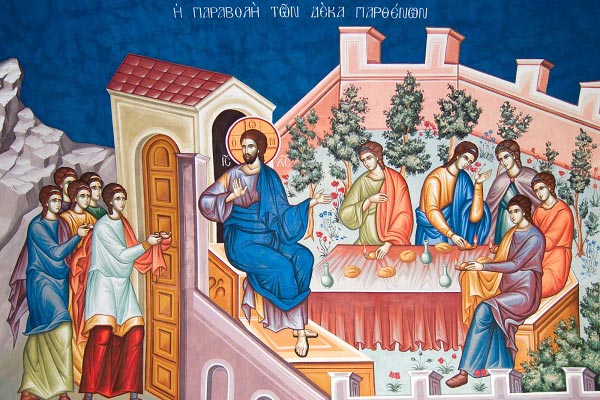
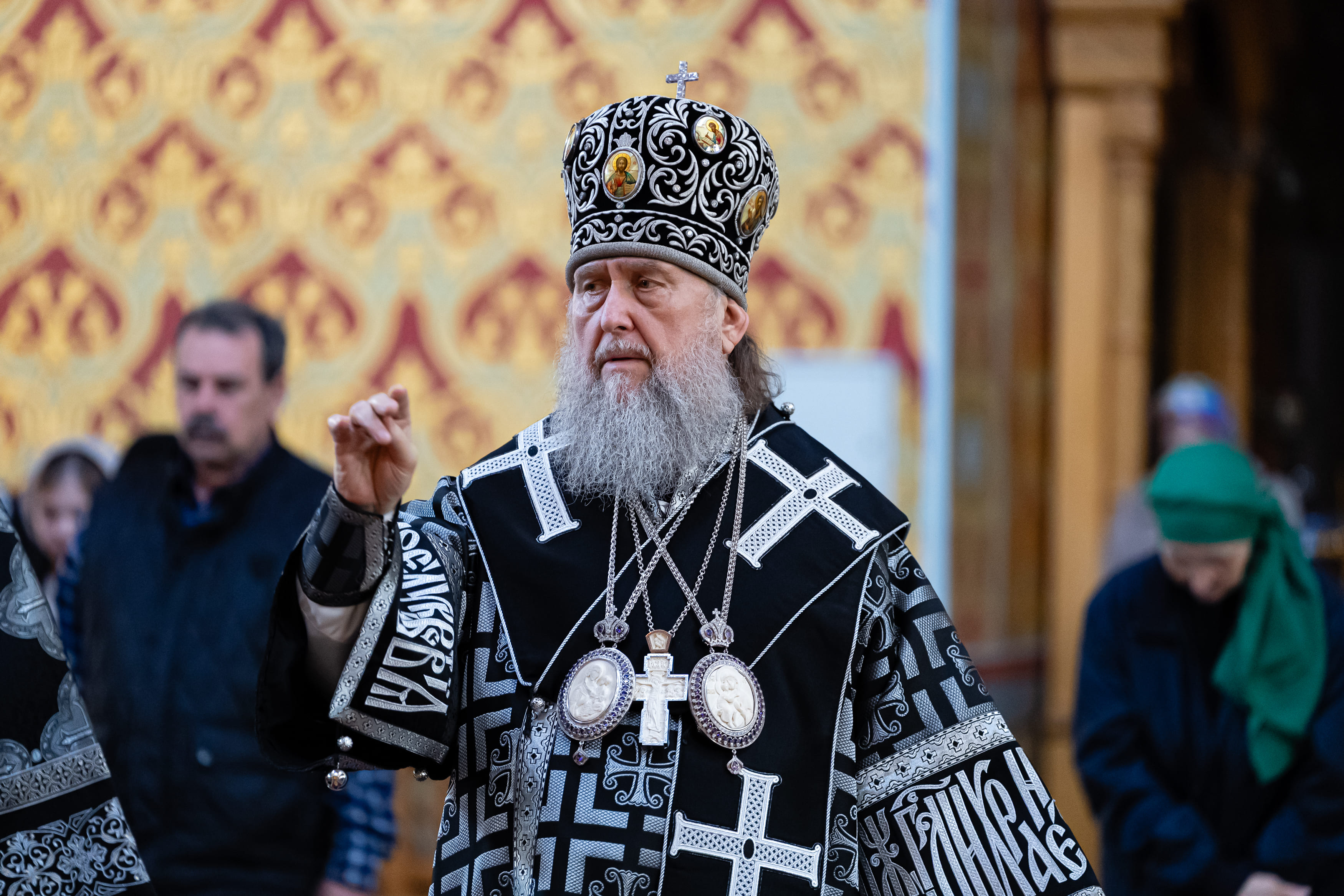
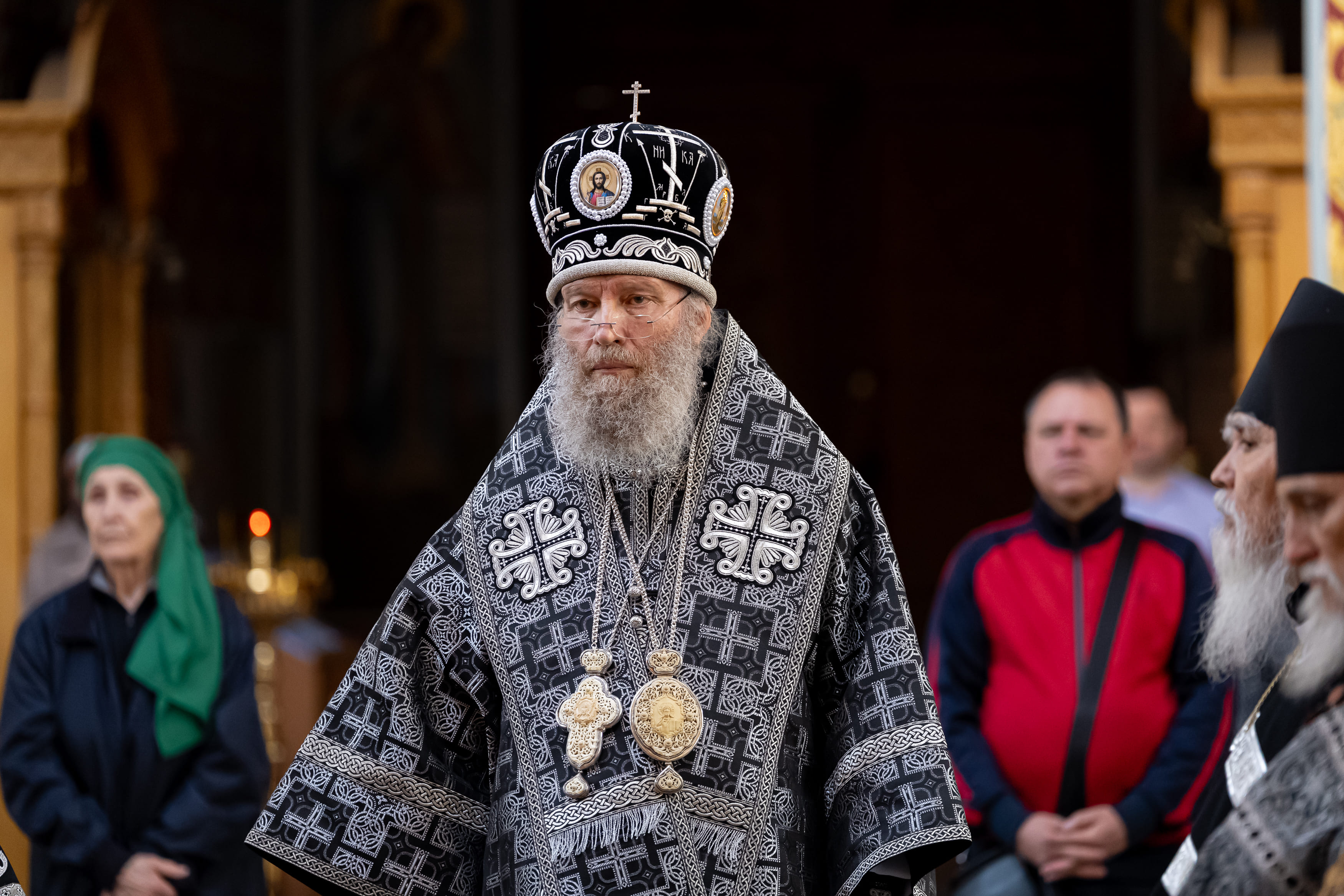
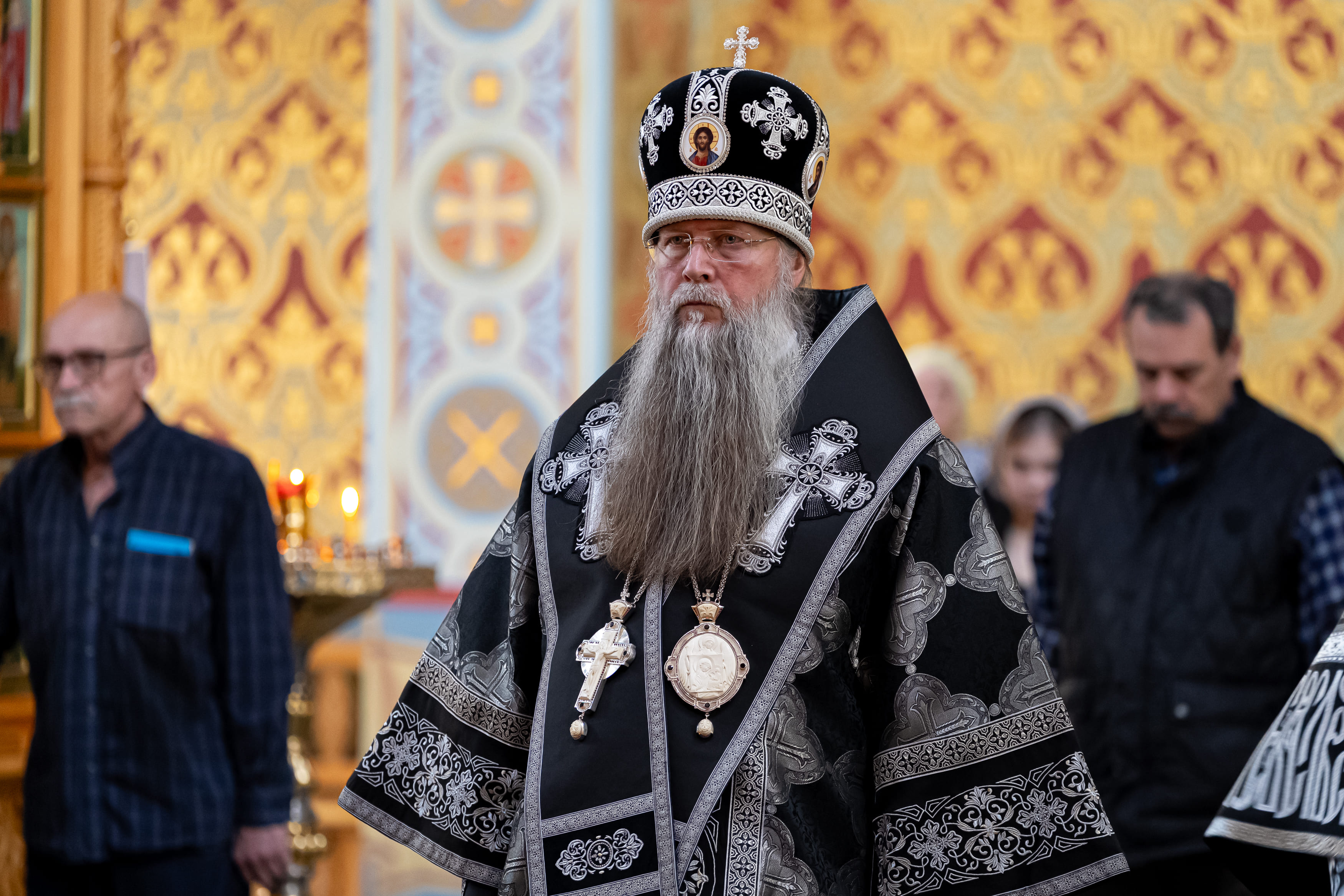
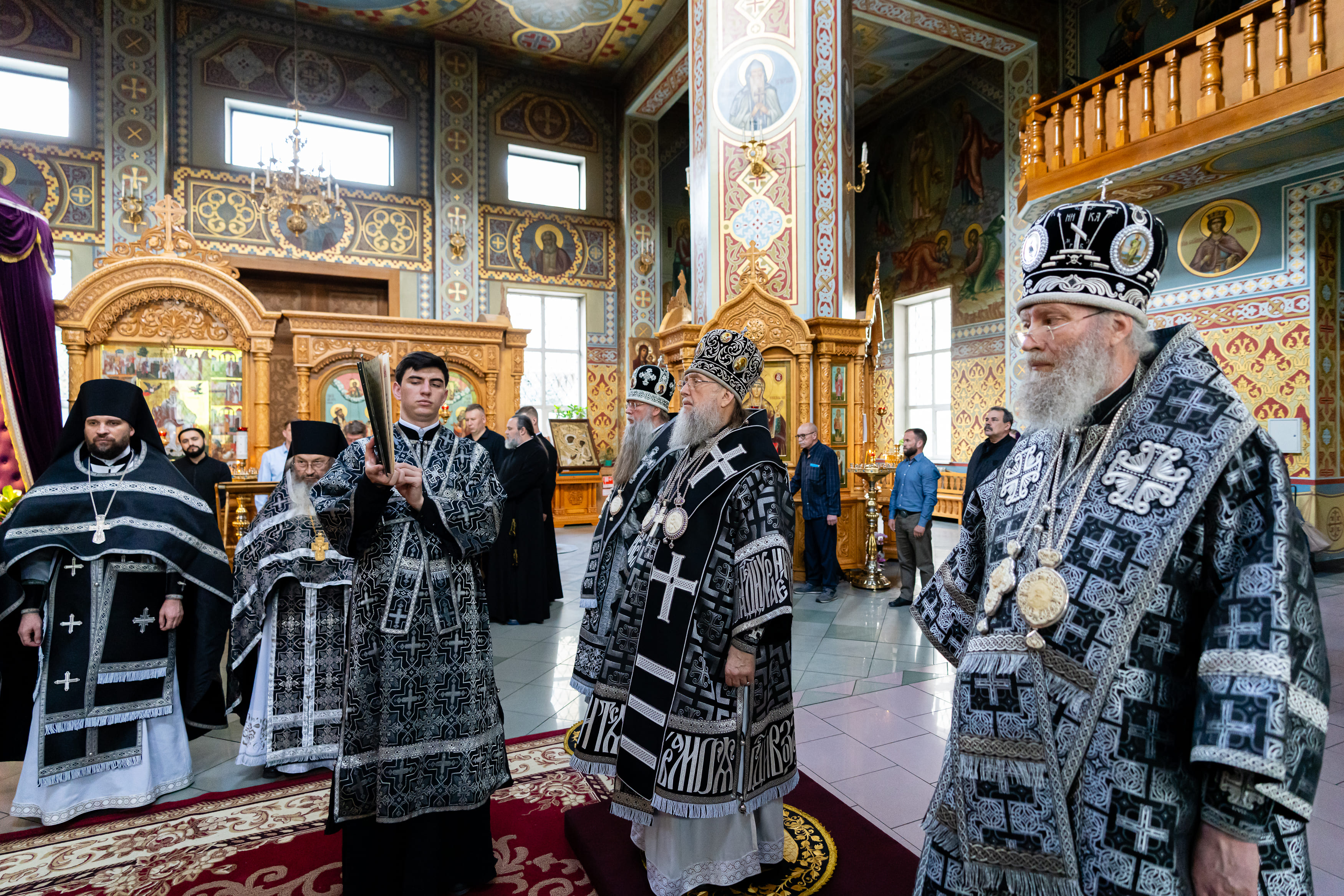
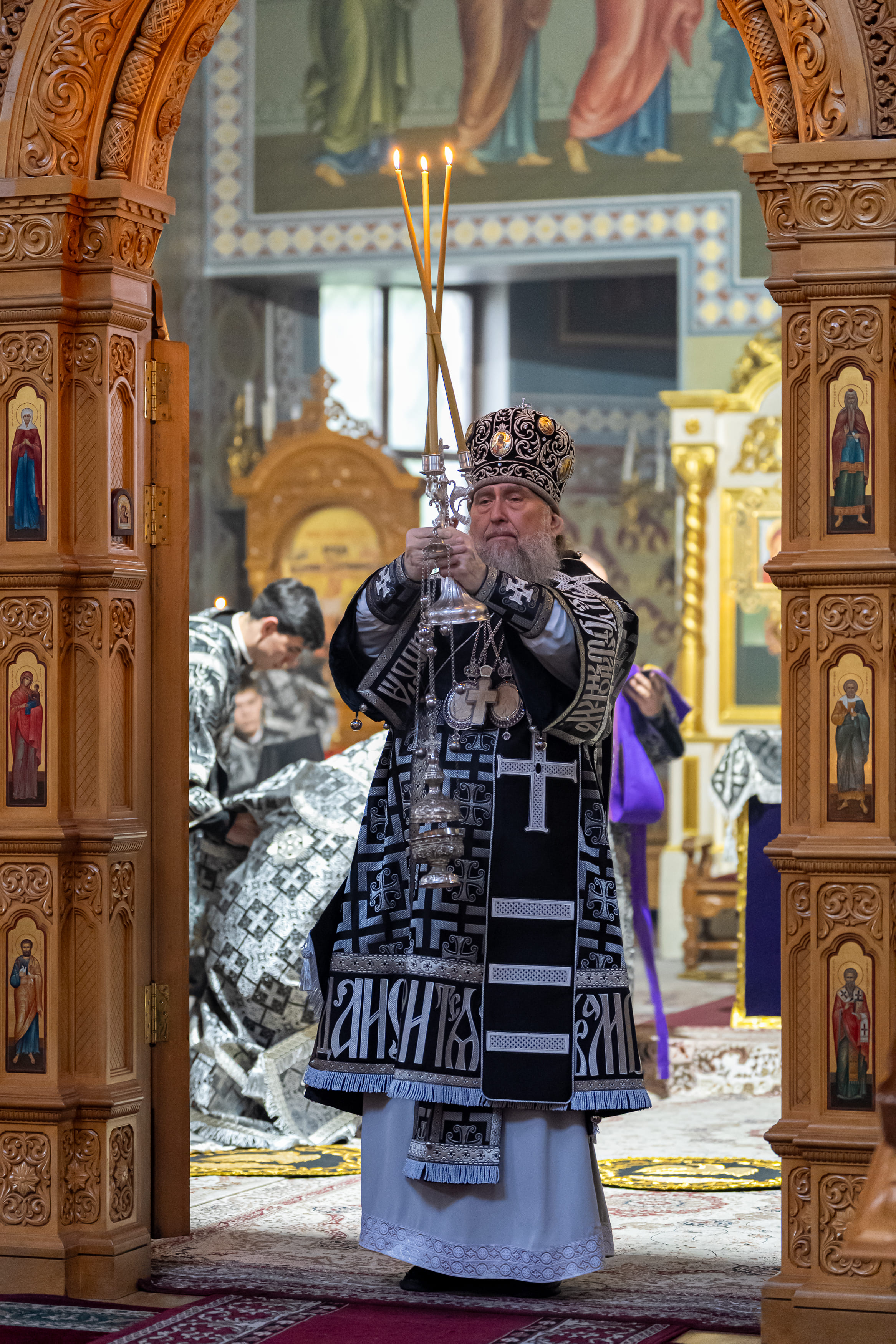
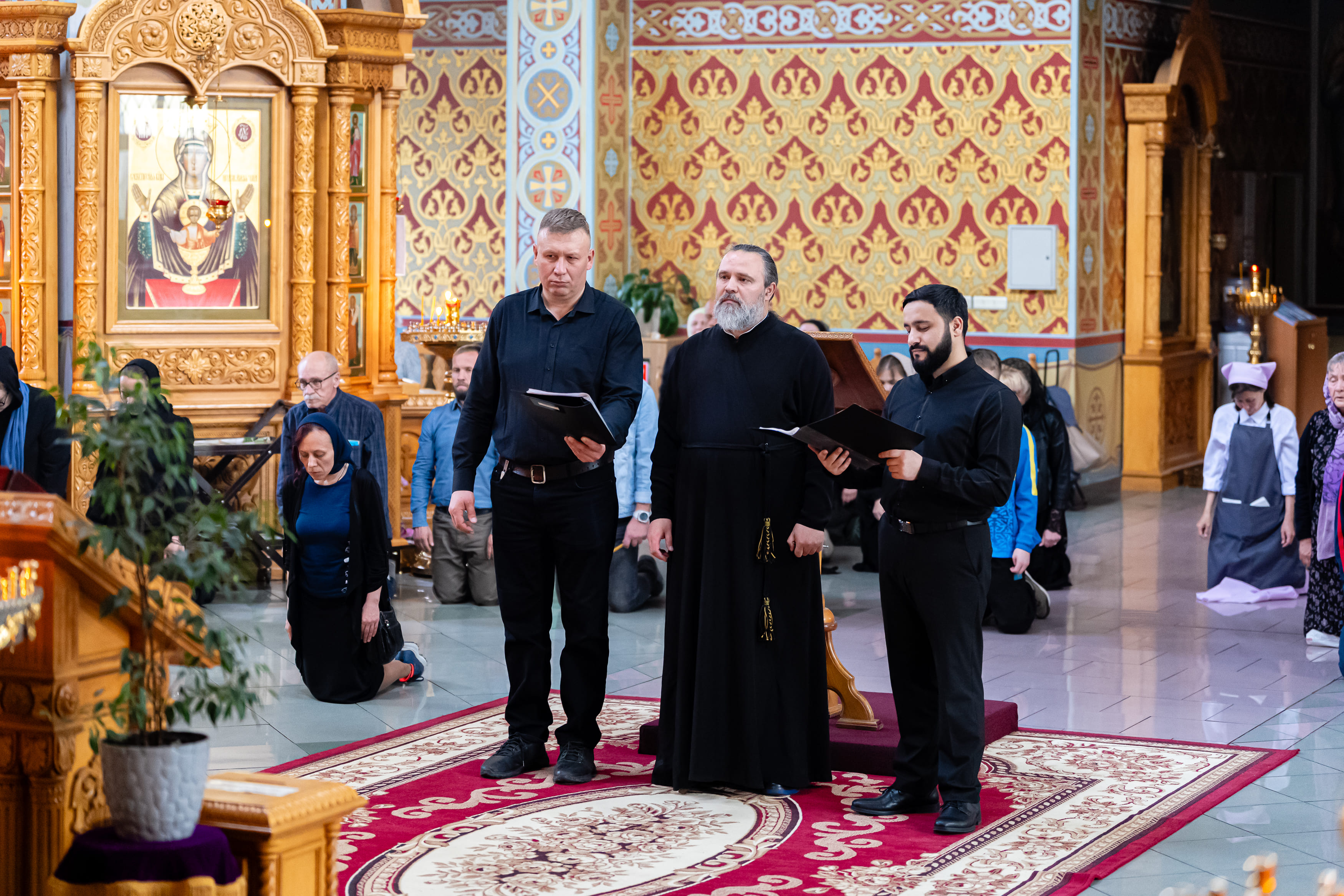
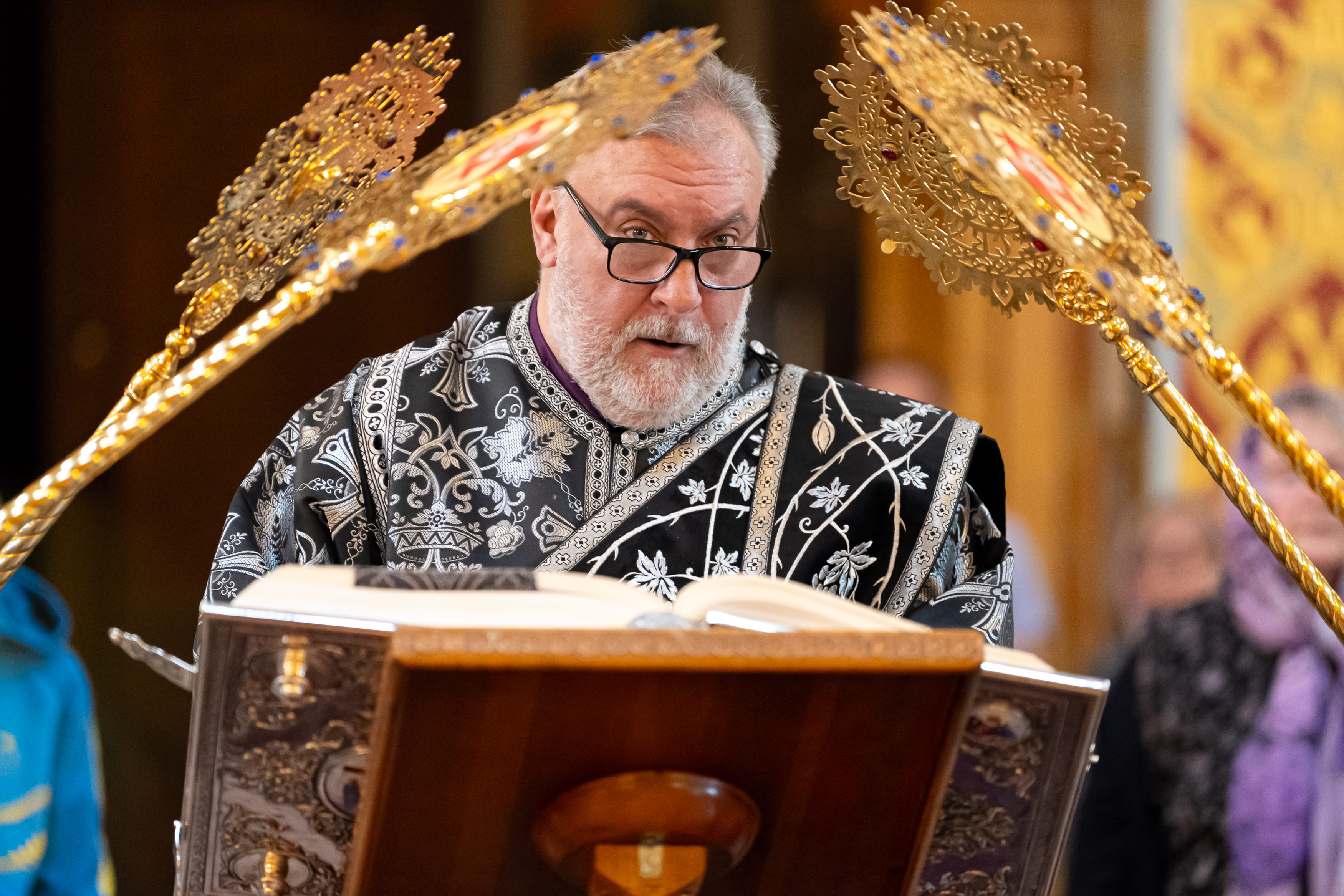
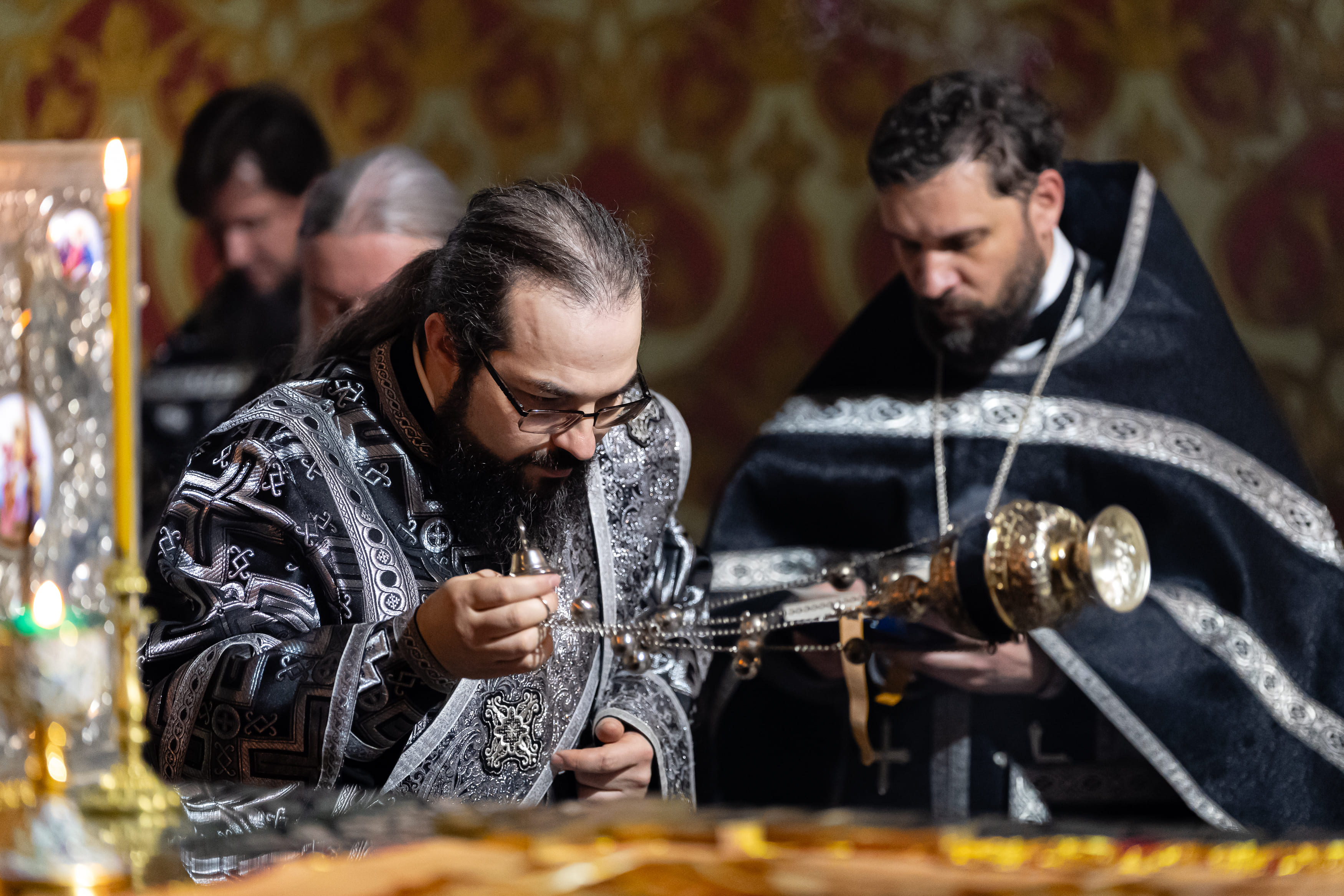
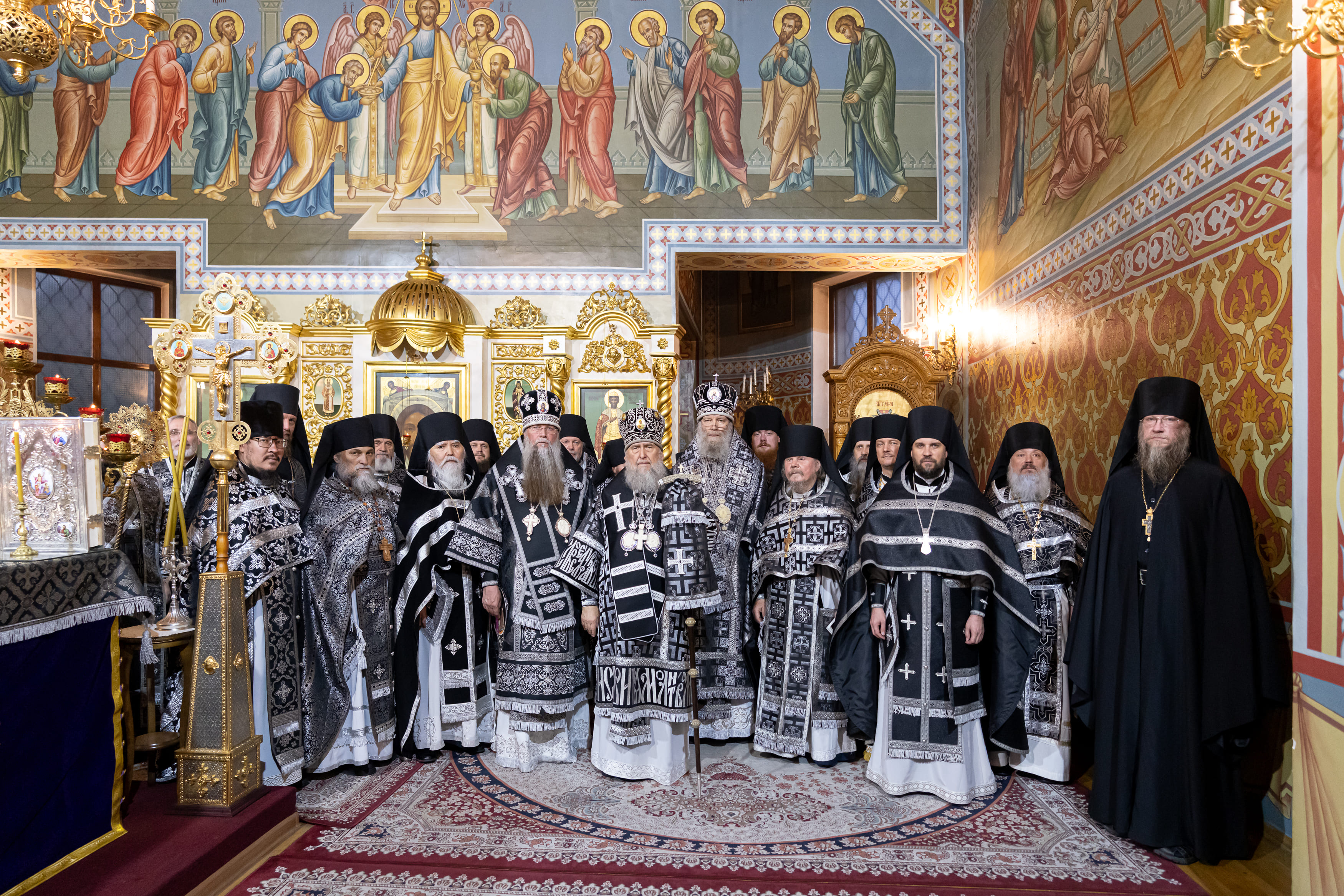
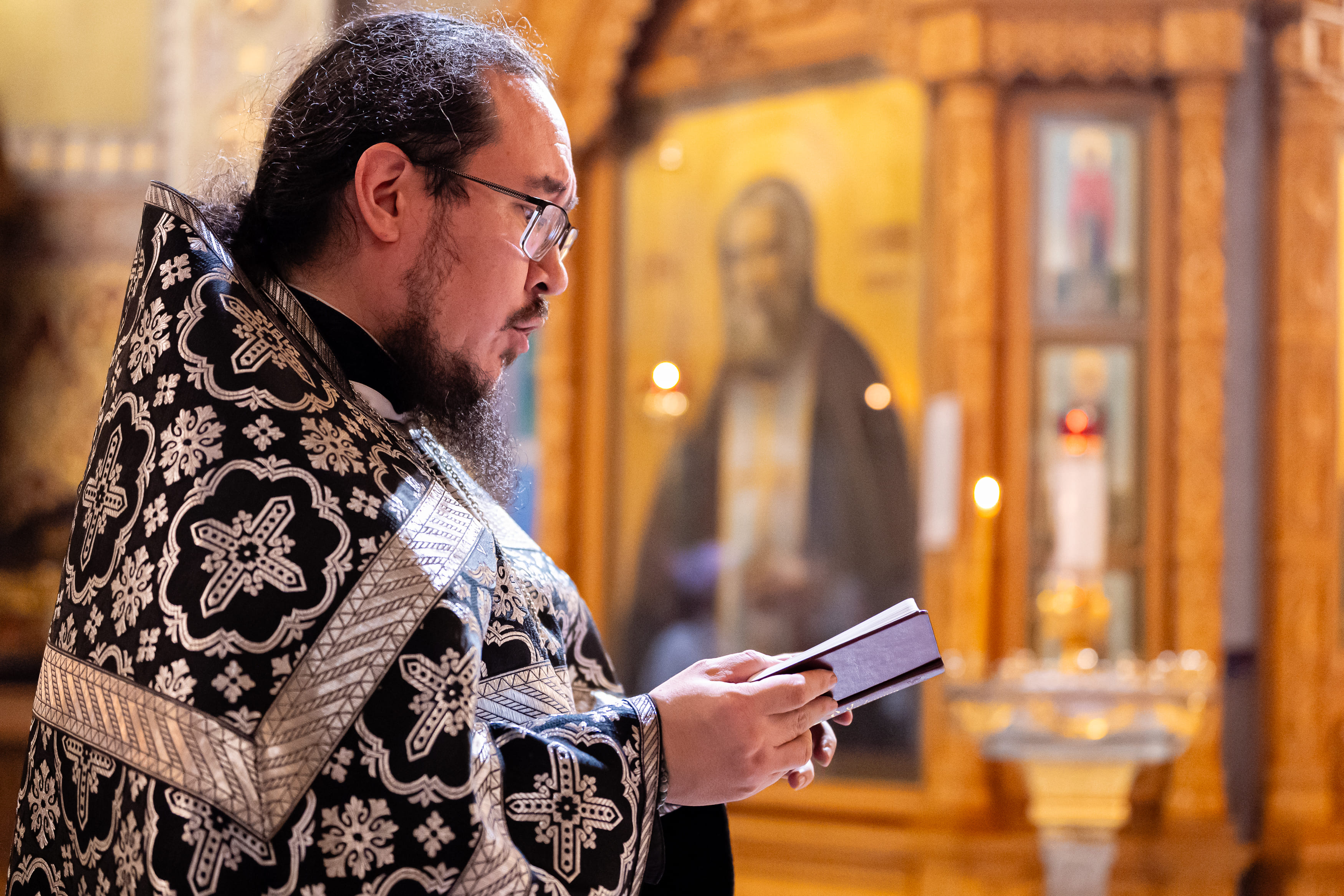




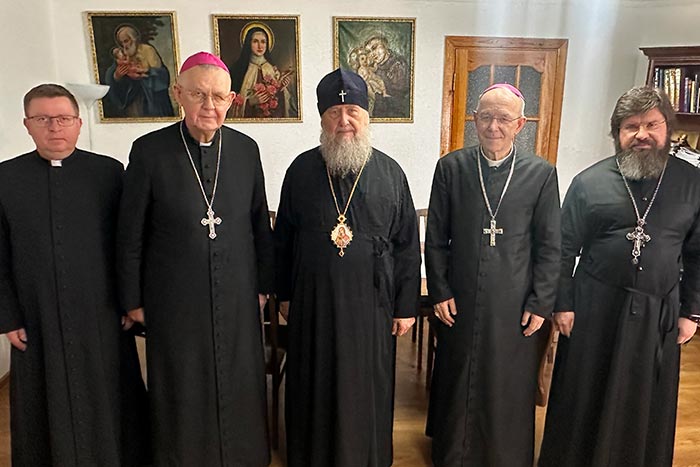

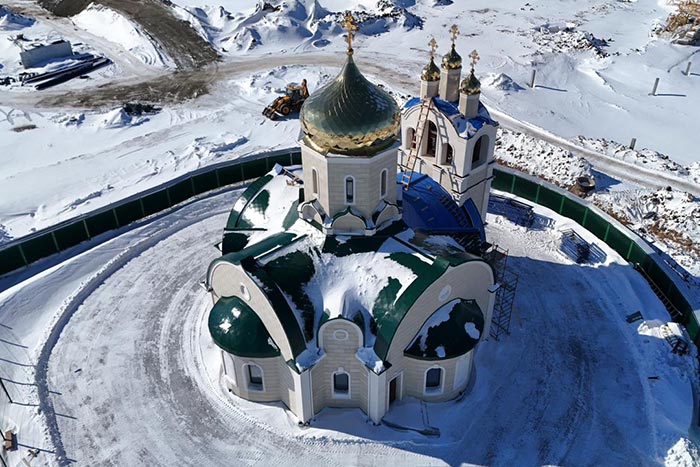
Login or register, to write a comment!
Your comment has been successfully added and is currently being reviewed by the site administration